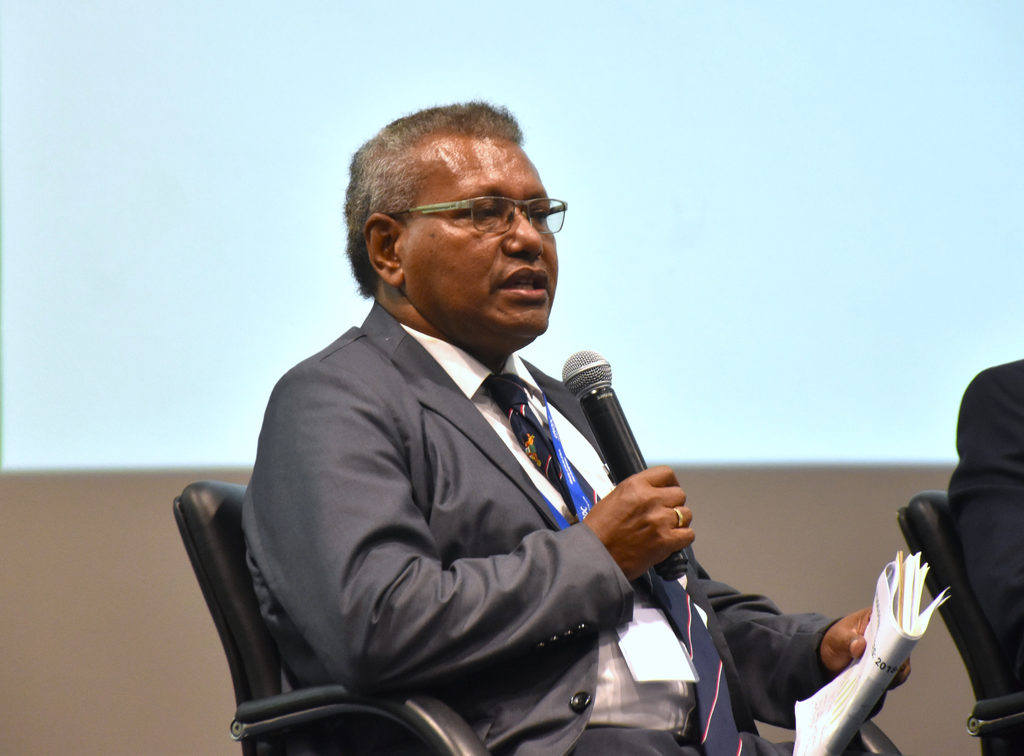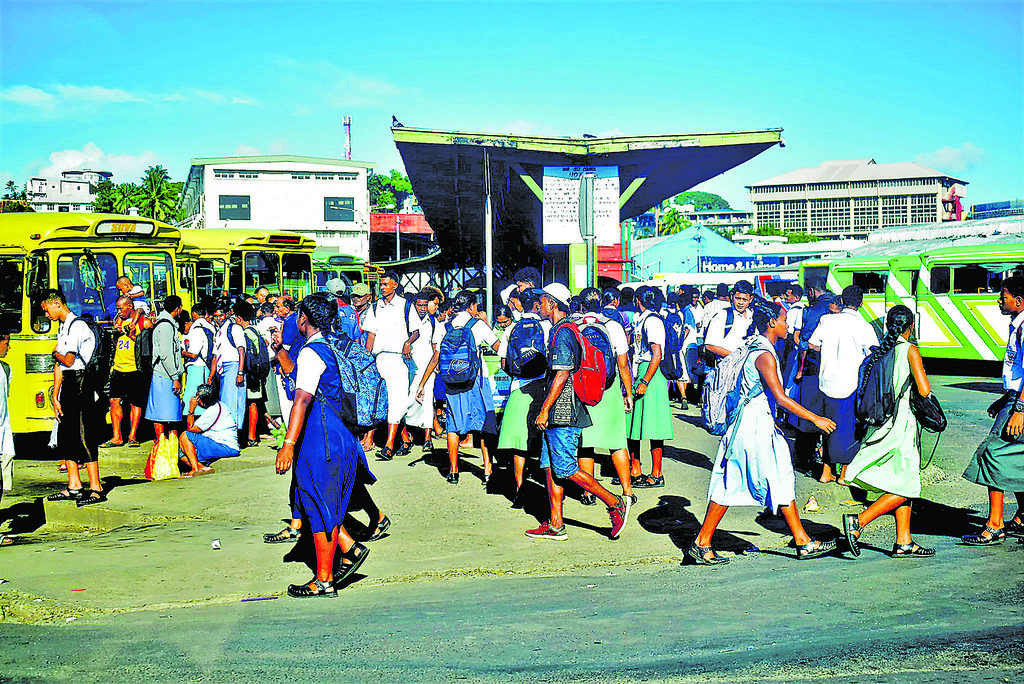More than 3000 students were referred from schools around Fiji to the National Substance Abuse Council (NSAAC) in 2023 alone with five admitting to trying methamphetamine or “ice”.
Late last year, NSAAC acting director Josua Naisele said the council was seeing a sharp rise in drug offences in primary schools alone for the past four years.
He said 385 cases were recorded in 2021, and this spiked to 1289 in 2022, then 1578 in 2023 from primary school students.
While most incidents involved marijuana and inhalants, 2023 marked the first time methamphetamine was detected in schools, with four confirmed secondary–school cases.
More alarmingly, some Year 8 students — about 12 or 13 years old — admitted to trying “ice” and marijuana during counselling sessions and teachers have highlighted cases of students turning up “high” in class.
Between 2018 and 2023, there were 4020 cases of tobacco use, 3527 cases of suki and 1415 cases reported by NSAAC on glue or benzene sniffing.
If these figures fail to raise concern among parents, teachers, and policy makers, then what will?
According to NSAAC, students found with illicit substances often claim they use drugs as a coping technique while some, who are victims of abuse and drugs exploitation, use them to mentally escape whatever traumatic experience they’ve endured.
NSAAC also highlighted that when doing drugs, students usually start with readilty available legal substances such as cigarette, yaqona, glue and alcohol before moving on to marijuana, ‘ice’ and other illegal substances.
For law enforcement institutions like the Fiji Police Force, this is where the complication lies.
Under the Illict Drugs Act 2004, cigarette, yaqona, glue and alcohol are not listed as drugs, or illicit substances.
In an interview, Commissioner of Police Rusiate Tudravu said that existing laws need to be revisited and amended to ensure that both law enforcement agencies and the Ministry of Education have the same interpretation.
“The first thing that we need to clarify is the classification of drugs and that’s something that needs to be discussed with the stakeholders,” Mr Tudravu said.
“The one that we are concentrating on now is marijuana, meth, cocaine and other drugs.
“The other ones, the ones that the students are mostly using are smoking (cigarettes) and sniffing glue and other things. And that is something we would like to nip in the bud because, as I’ve always said, small things will lead to bigger things.”
Take glue for example. About two or three years ago, cases of glue sniffing were on the rise but police could not prosecute suspects because it is not classified as an illicit substance.
“It’s not classified as an illicit substance, that’s why any Tom, Dick, and Harry can buy it off the shelf,” former acting commissioner Juki Fong Chew had told the media.
“As we move forward, I think we need to review the relevant laws.
“We have to look at this, and how best to allow law enforcement to deal with these things.”
He said they had requested for laws to be drafted to cover the glue sniffing so it’s not easily available for people, especially students, to purchase.
The same goes for kava. It is not classified as a controlled or illicit drug under the Dangerous Drugs Act, or the Illicit Drugs Act so if students are found consuming it, they cannot be prosecuted under any legislation, or by the law enforcement agencies.
On top of that, yaqona holds strong cultural and ceremonial value within our society, and is often considered a ‘national traditional drink’.
In our villages, students are guided by their elders in performing traditional yaqona ceremonies, and in the process, they also partake in its consumption.
And as highlighted before, one behaviour often leads to another. From consuming yaqona, they gradually begin smoking as they see the elders around them either take suki, or cigarette during kava sessions.
This is often followed by alcohol, as it has become a norm in our villages now to ‘sava’, or wash, after a grog session.
It is through this progression that many are gradually introduced to other harmful substances, eventually leading to the use of illicit drugs.
So what can be done to address this?
As suggested by Mr Tudravu, exiting legislation needs to be reviewed.
“If possible, to have a national database in place so that we have a classification of all drugs here in Fiji.
“The different interpretation that we have right now, and in regards to the schools.”
He said the consumption of legal substances, like kava and smoking needed to be addressed immediately “because little things that they do at schools, like smoking, sniffing of glue, all these things often lead up to more, stronger drugs that they want to take.”
Meanwhile, Mr Tudravu also confirmed some students are being used by their families to peddle drugs in schools.
“And the worst thing about that is that they are very vulnerable, and there’s a lot of them at schools. So, once these things penetrate into the school, you cannot control because as young kids, they tend 0to go out and try and test everything.
“That’s something that we really need to address immediately.”
National Substance Abuse Council director Josua Naisele. Picture: FILE



